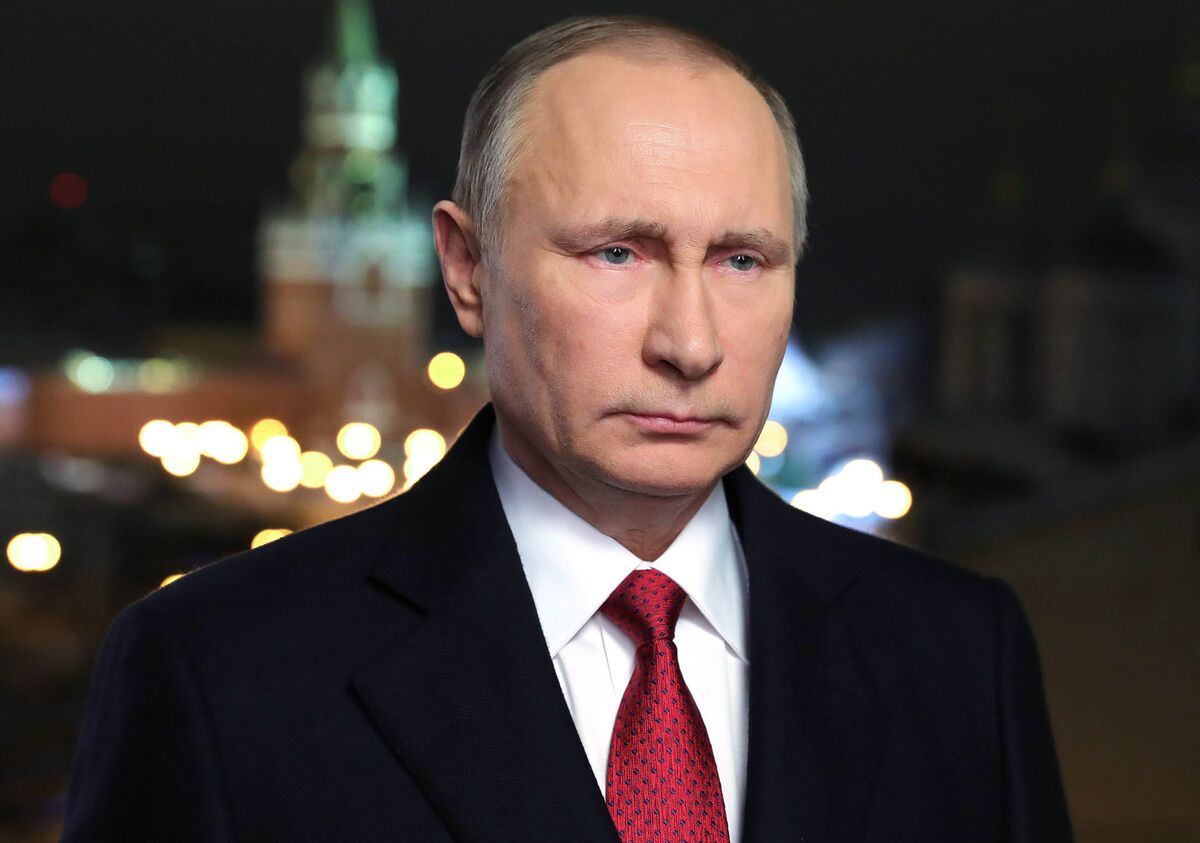
Nikolai Sobolev’s acute sense of what’s on the minds of his young audience has made his expletive-laced video blog one of Russia’s hottest. But after a steady diet of topics like teen angst, the 23-year-old found an unexpected new issue was taking off this spring: opposition activism.
“Have you noticed that the closer the presidential elections get, the more politics there is in YouTube?” he asked, opening a recent video post that featured sympathetic treatment of Kremlin critic Alexey Navalny.
Sobolev and the rest of his generation have known no other leader than Vladimir Putin. Long seen as either apolitical or supportive of the Kremlin, the 15 million Russians aged between 15 and 24 are increasingly finding their own political voice and it’s not so loyal. The under-25 crowd has turned out in force for the first time at anti-Putin protests in recent months, helping make them the biggest such demonstrations in five years.
“I can’t ignore this because I’m with you guys,” Sobolev said in a video posted on YouTube after the first protests in March that got almost 2. He accused the authorities of ignoring demonstrators’ concerns in his latest blog after a second wave of rallies on June 12.
Election Concerns
For the Kremlin, the growing ferment among Russians who in nine months’ time will be eligible to vote in their first presidential election is an added headache as the 64-year-old leader seeks to extend his almost two-decade-long rule. Putin’s approval ratings remain sky-high, but his political managers are worried they will struggle to deliver the commanding victory and high turnout that the Kremlin is seeking to cement his control for another six-year term, according to people involved in the effort.
Many young people are less wedded to the Putin model than the rest of the population, having spent their lives in a period of relative prosperity without major upheavals, unlike their parents’ often-wrenching experiences in the 1990s, according to pollsters.
“The young are less worried about stability and more interested in change,’’ said Alexei Grazhdankin, deputy head of the Levada Center polling company in Moscow.
For a QuickTake on support for Putin, click here.
A survey of more than 6,000 students published in May by the Higher School of Economics showed that up to two-thirds don’t trust lawmakers and other officials. They highlight corruption -- a key theme of this year’s protests -- as Russia’s top problem.
The Kremlin’s monopoly over television -- where most older Russians get their news -- is little help with a generation for whom YouTube is the go-to source. Opposition leader Navalny has seen traffic for his online videos exposing alleged official corruption take off despite being ignored by TV.
The government’s tightening control over the Internet hasn’t squeezed video bloggers, though many worry that could soon change as the parliament is poised to pass a law limiting some access. For the moment, the authorities are trying to embrace them to make their messages more Kremlin-friendly.
Clumsy Attempts
So far, it’s not going very well. When the parliament invited a dozen popular video bloggers to a hearing on the issue in May, only one showed up to address lawmakers. A follow-up session on Monday also failed to attract big names. The most prominent was the Paris-based daughter of Putin’s spokesman Dmitry Peskov, known for her often-racy Instagram account, which has fewer than 50,000 followers.
Viral success among the under-25 demographic depends on a degree of authenticity and independence that Putin’s propaganda machine hasn’t been able to replicate. State attempts to tap YouTube’s popularity often come off as clunky, such as a recent music video discouraging young people from going to protests. Commissioned by a government-backed entity, it got over 280,000 dislikes compared to just 17,000 likes.
Blogger Dmitry Ivanov, who goes by the name kamikadzedead, has attracted a YouTube audience of more than a million with critiques of the authorities. “I know what smart propaganda is and that’s what I do all the time in my videos,” he said in a recent interview with Ekho Moskvy radio.
Even among the video bloggers who prefer not to take sides against the Kremlin, criticism of the authorities is common.
Evgeny Bazhenov, whose YouTube channel BadComedian has built up 2 million subscribers by savaging Russian attempts to create slick Hollywood-style action movies, also attacks censorship, mocks government news broadcasts and slams subsidies that funnel money to flops.
“If I were in the government, I would certainly be paying attention to what’s happening on YouTube,” Bazhenov said by phone. “Unfortunately they may draw the wrong conclusions and just move to block content.”
‘Absolutely Corrupt’
In an interview with another blogger in April, Sobolev condemned the “absolutely corrupt ruling elite” and said he’d vote for Navalny for president. Last week, he went on Navalny’s own YouTube channel, though at times he criticized the opposition leader’s tactics.
Sobolev said he’s cautious about going too far into activism, for fear of getting into a situation “where they can just shut you down.” He depends on advertisers for his 3 million-ruble-a-month ($53,000) income.
He said he’d refused the parliament’s invitation to the hearing since he assumed it would be aimed at discouraging his audience from protesting.
“Am I the only one who thinks they shouldn’t be fighting the people who protest, but the problems that cause people to come out and demonstrate?” Sobolev said in a May blog.


0 comments:
Post a Comment